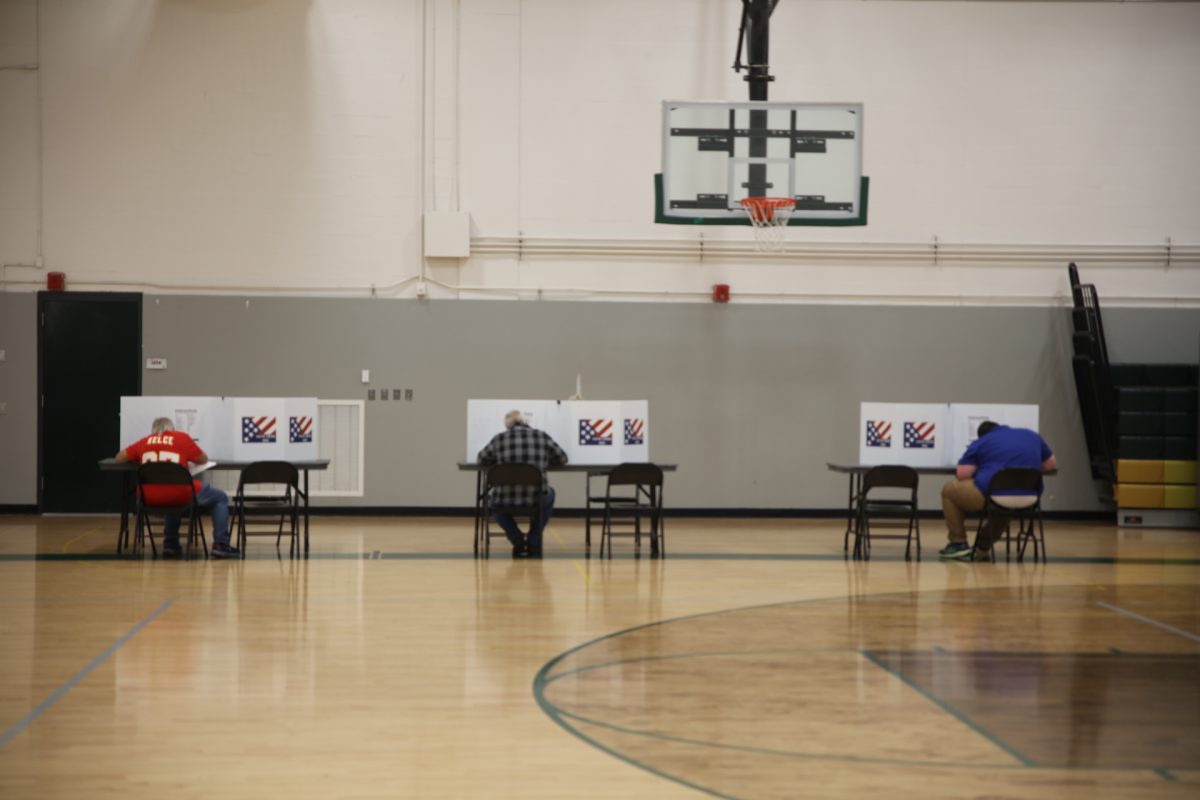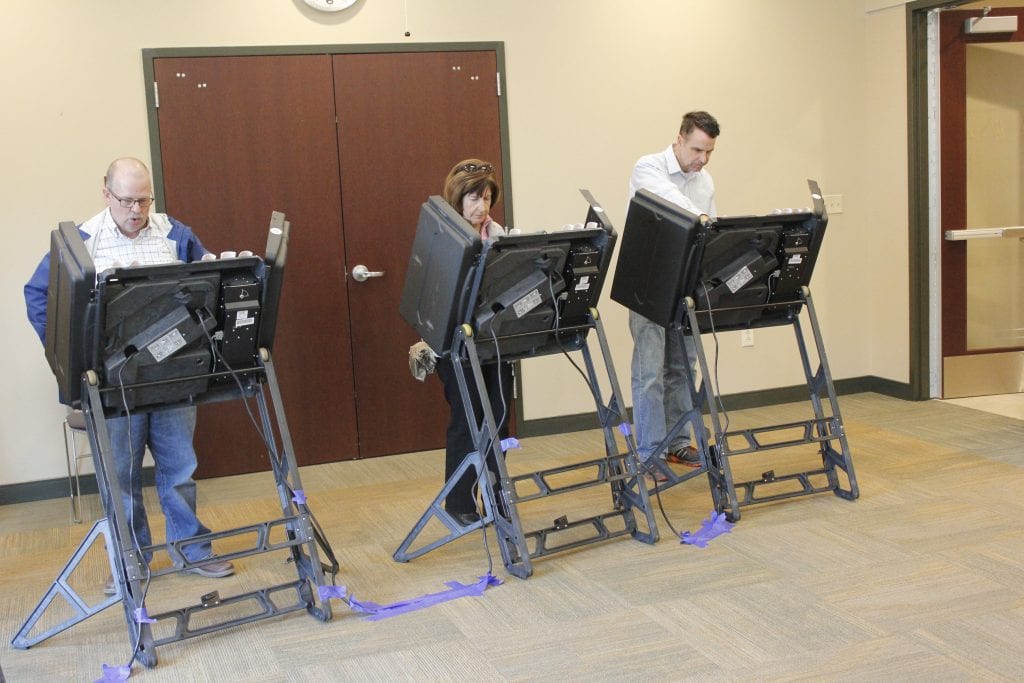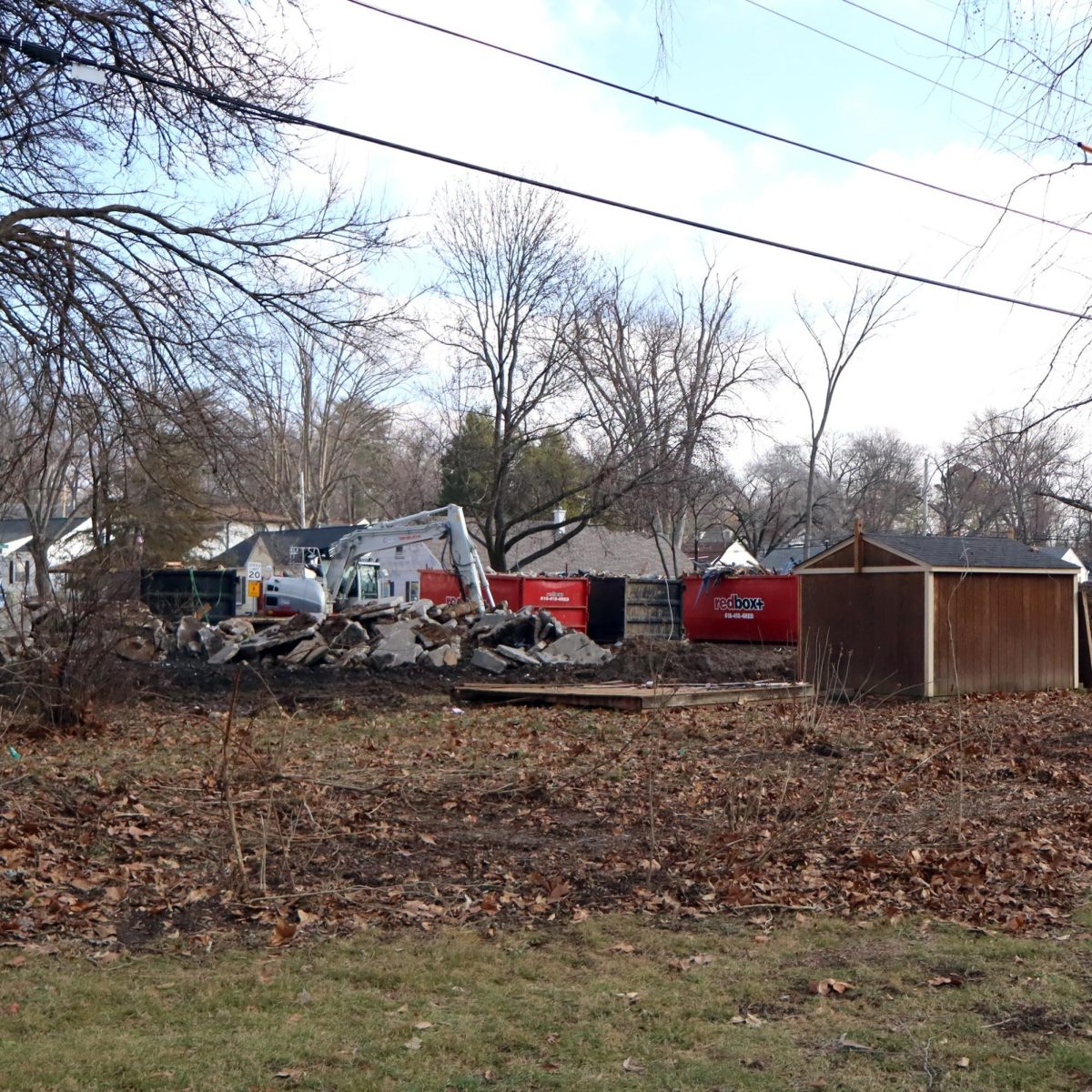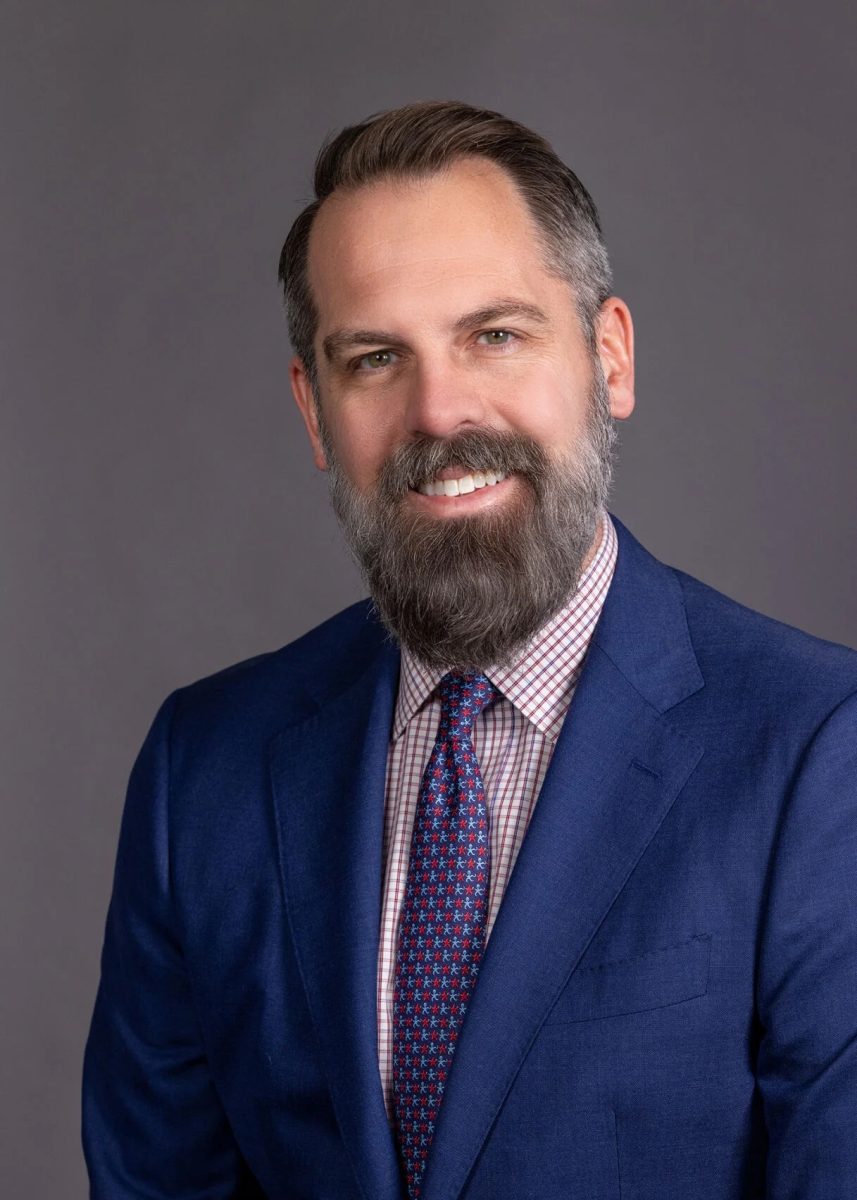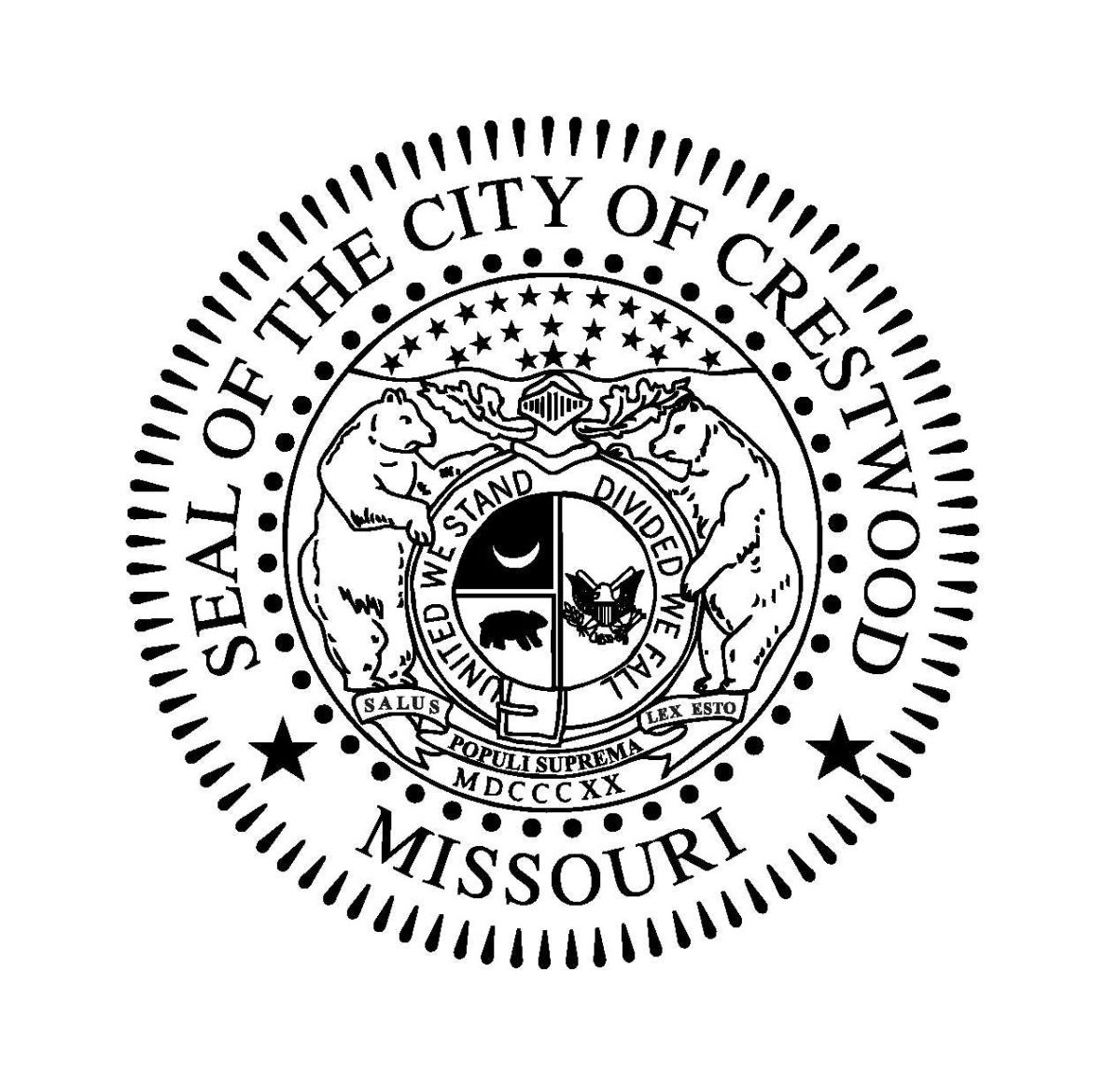The Metropolitan St. Louis Sewer District has a $500 million bond issue, Proposition Y, on the ballot April 6.
Prop Y will fund five years of needed upgrades for MSD’s “Project Clear” consent decree with the federal government, which in turn will cost a minimum of $4.7 billion over two decades to fix sewage overflows and other sewer system improvements. Funding Project Clear through bond issues could add several billion dollars of interest to the final tab.
But the federal government is requiring MSD to fund those upgrades, no matter the cost to ratepayers. As pointed out in an op-ed from frequent MSD critic Tom Sullivan, the sewer district should have tried to fix and fund these problems many decades ago but didn’t.
The fact is, today’s MSD customers have the choice of paying for the upgrades by hiking rates with a bond issue — eventually paying much more overall through bond issues — or paying much higher rates by not going the bond issue route. We fear that the pay-as-you-go approach would make sewer bills unaffordable for all MSD’s customers in St. Louis County and in the city of St. Louis, but especially senior citizens and low-income residents.
Unfortunately, voters essentially have no choice but to vote “yes” on Proposition Y.
MSD Propositions 1-5
The sheer dollar signs and necessity of Proposition Y are overshadowing five other propositions on the ballot from MSD, Propositions 1 through 5. But The Call recommends that readers examine these proposals carefully and vote “no” on all of them.
Proposition 1
Proposition 1 is filled with housekeeping items such as changing the name of the city workhouse. In MSD’s summary of the plan, the utility only states that this proposition “removes obsolete provisions, modernizes certain provisions, references and languages.”
But buried among the minutiae in this proposition is the real reason that MSD suggested this proposal as Proposition 1, the first among the five charter items. Voting “yes” would allow MSD to publish proposed rate changes on its own website or “digital media” rather than in a newspaper that is actually read by MSD’s customers.
This newspaper has consistently fought against an effort by state lawmakers to loosen the state’s public-notice laws so that public notices no longer have to appear in a newspaper.
One person’s “obsolete provisions” is another’s transparency and accountability. Every time The Call publishes a public notice, readers are actually reading it. Our news team has received calls from readers who have questions about legal notices published in our classifieds.
In our opinion, publishing public notices — otherwise known as notices that the public needs to see — in a newspaper of record is one of the things MSD does right, and we see no reason to stop doing it other than to shut the door on public scrutiny of the utility.
We also take issue with language in this proposition that would be changed so that members of the Board of Trustees would have to be a “member of” a certain political party to be counted for that party when it comes to requirements for political diversity on the MSD board. The previous language says “affiliated with,” which is broader and, we feel, more in the public interest. Many people might be affiliated with a party, but not as many are members of that party. In this case, the original language is more in line with keeping as much diversity of views as possible on the MSD board, which was the point of this charter provision in the first place.
The Call endorses a “no” vote on MSD Proposition 1.
Proposition 2
Most notably, Proposition 2 would change a requirement that has been in place since MSD’s creation in the 1950s that any ordinance requires the consent of two of the three county voting members and two of the three city voting members.
MSD CEO Brian Hoelscher said that innocuous legislation that no one objects to such as green infrastructure has been held up because members have recused themselves from voting, but then there aren’t enough members to vote even if every trustee thinks the bill is a good idea.
That’s an unfortunate situation, but perhaps the county executive and city mayor need to appoint people to the MSD board who won’t have any conflicts of interest in the first place.
We see the provision that any legislation has to have the majority of county trustees and the majority of city trustees as a basic safeguard of the public trust, and probably one of the reasons voters might have agreed to approve MSD in the first place — they know that another geographic area will not be able to have jurisdiction over their utility.
We strongly believe that this provision should remain in place. It was the right thing to do in the 1950s, and it’s the right thing to do now.
The Call endorses a “no” vote on MSD Proposition 2.
Proposition 3
Most of the charter changes included in Proposition 3 are fine, but we don’t like the clause that states that if the MSD Board of Trustees doesn’t vote to accept a report from MSD’s Rate Commission, the board will be deemed accepted after a certain number of days have passed.
We don’t see this as a win for taxpayers. If the MSD board isn’t voting to accept a report from the Rate Commission, there’s probably a good reason.
The Call endorses a “no” vote on MSD Proposition 3.
Proposition 4
This proposition would increase annual compensation for members of the Board of Trustees to $600 from $300.
Hoelscher notes that the compensation hasn’t been increased since the 1950s. And although members of the board do spend time in meetings and, we would hope, researching the legislation they are looking into, we don’t see a reason to hike their pay right now, when customers’ rates will be hiked for bad decisions made by past boards.
The Call endorses a “no” vote on MSD Proposition 4.
Proposition 5
Proposition 5 would allow the sewer district to use the same auditing firm for more than five years without going out to bid, as is currently enshrined in the charter.
Hoelscher said the charter requirement that MSD switch auditors every five years means that sometimes the utility has to hire an auditing firm even if it’s not the lowest bidder.
This change would allow MSD to keep auditors after a competitive bidding process.
We can see advantages to that, but we’ve also seen longtime auditors get “cozy” with government entities after many years of auditing their books. We don’t see an issue with MSD switching auditors every five years, and it could provide more accountability by providing a diversity of financial eyes on the utility’s bookkeeping.
We don’t see a reason to change this part of MSD’s charter.
The Call endorses a “no” vote on MSD Proposition 5.





